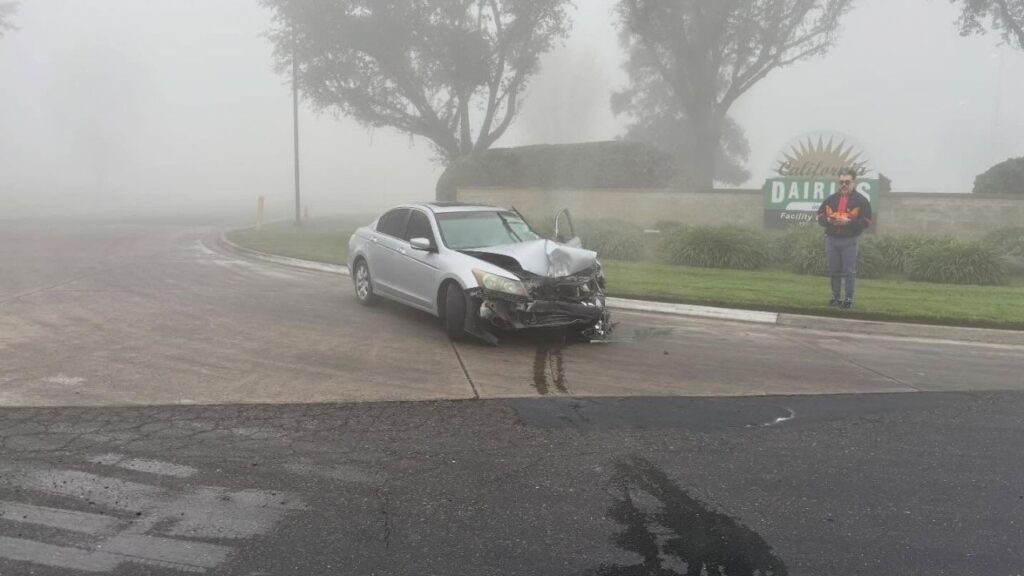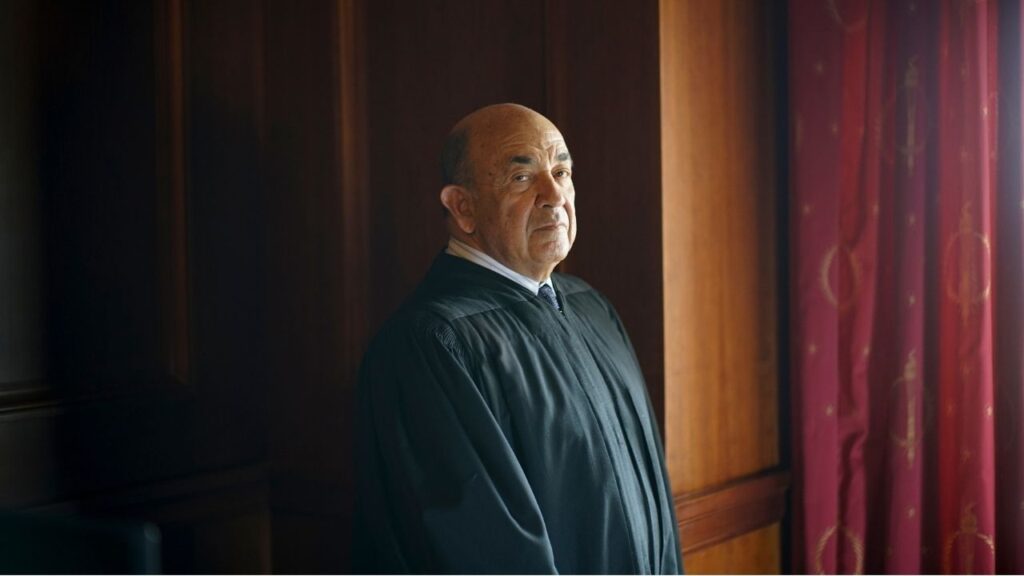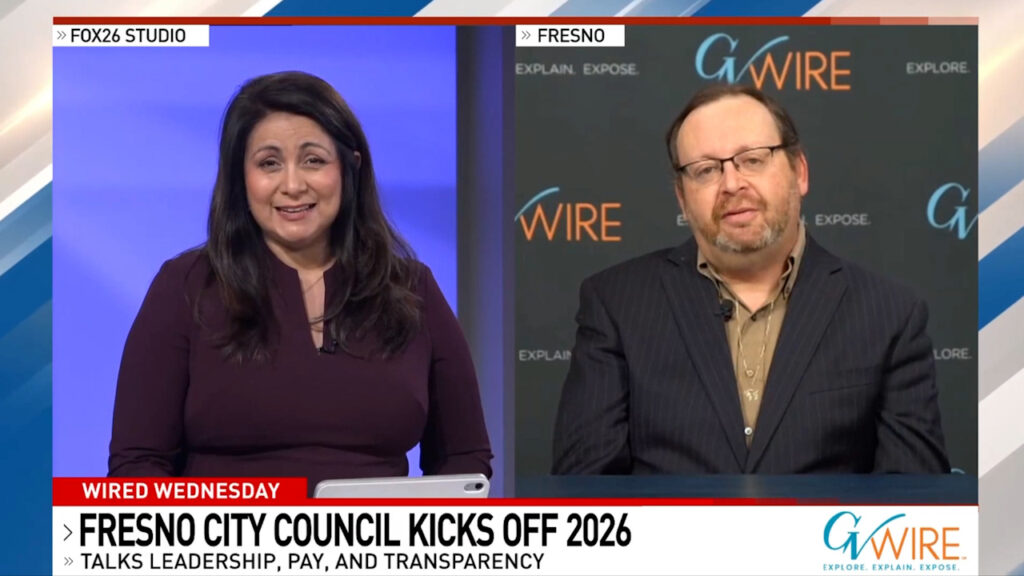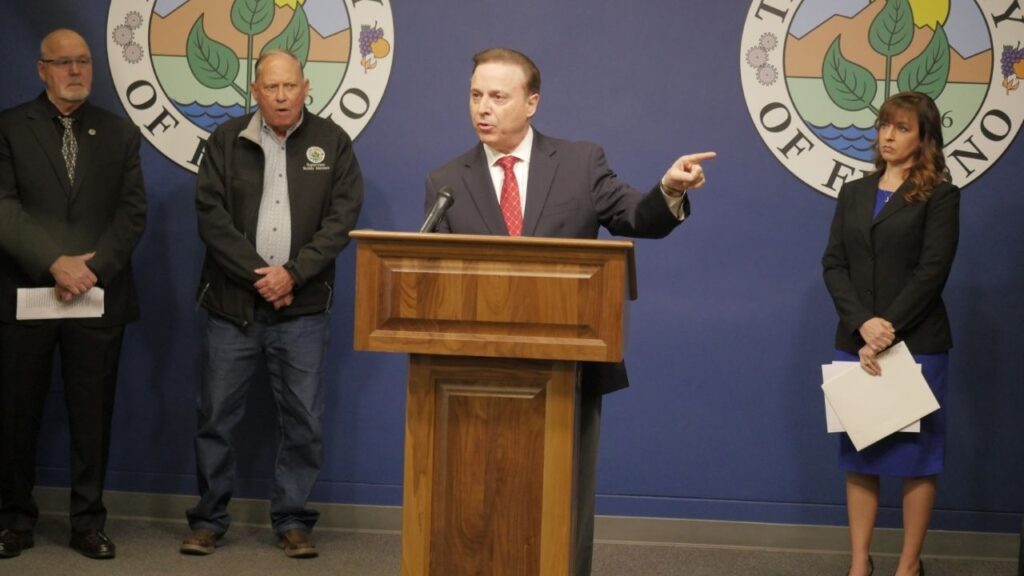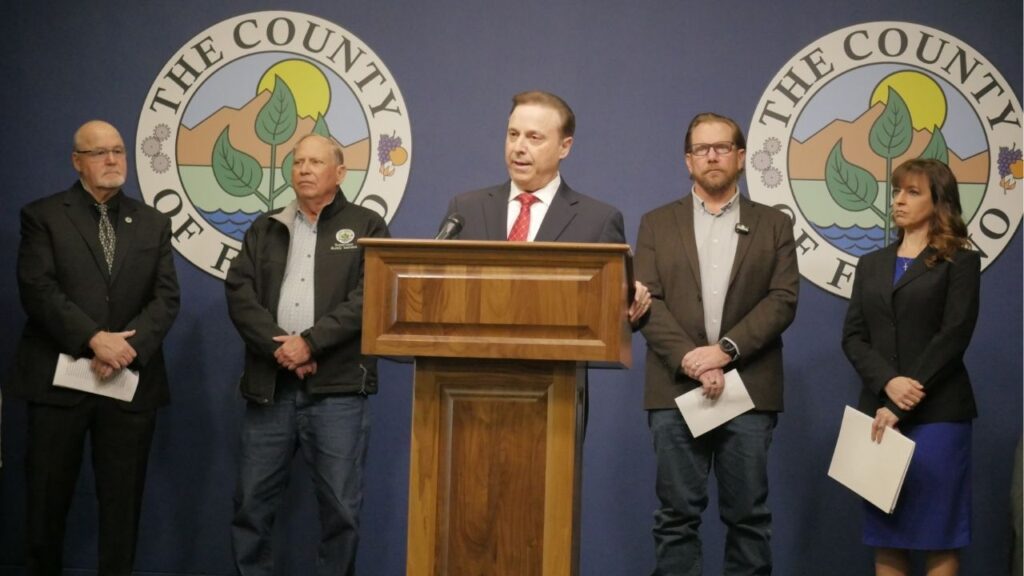Share
COLUMBUS, Ohio — A federal court in Cincinnati will hear complex legal arguments Wednesday for and against Ohio’s Down syndrome abortion ban in a case viewed as pivotal in the national debate over the procedure.
That was certainly not how the measure’s proponents in the Ohio Legislature saw it, said one backer.
“I’m of the mind that it certainly does prevent abortions,” said state Rep. Candice Keller, a Republican abortion opponent.
The Ohio law prohibits physicians from performing an abortion if they’re aware that a diagnosis of Down syndrome, or the possibility, is influencing the decision. Those who defy the ban would face a fourth-degree felony charge, be stripped of their medical license and be held liable for legal damages. The pregnant woman faces no criminal liability under the law.
This and similar proposals around the country have triggered emotional debate over women’s rights, parental love, and the trust between doctor and patient.
The state and federal government will argue Wednesday during a rare hearing before the entire U.S. 6th Circuit Court of Appeals in Cincinnati that, because of how it is structured, the law impedes only doctors, not pregnant women.

Wednesday’s High-Stakes Hearing Follows Two Earlier Decisions
The Trump Justice Department took the state of Ohio’s side in the case in January, writing, “Nothing in Ohio’s law creates a substantial obstacle to women obtaining an abortion.”
Opponents, meanwhile, call the law an illegal “reason ban.” They say it undercuts the woman’s independent decision-making by attempting to get into her mind, or prevent her from speaking freely with her doctor, as she makes an abortion decision.
Wednesday’s high-stakes hearing follows two earlier decisions in which a federal judge and a three-judge panel ruled the law is likely unconstitutional. It has been on hold since it was enacted. The 6th Circuit has moved to the political right recently, based on new appointments by President Donald Trump.
In another of the Ohio case’s legal twists, a group of mothers whose children have Down syndrome has sided with the ACLU of Ohio, Preterm-Cleveland and other abortion providers who brought the suit. They argue the law — dubbed the “Ohio Down Syndrome Non-Discrimination Act” — actually perpetuates discrimination against their children by singling out their genetic anomaly over others.
“Why Down syndrome and not spina bifida or cystic fibrosis?” they wrote. “(We) fear it is because those in the Down syndrome community are readily identifiable, sympathetic, and bring so much joy to their parents. But (our) children should not be co-opted to be the sympathetic faces of a political campaign.”
Down syndrome is a genetic disorder that can cause a variety of physical and mental disabilities. It occurs in about one in 700 babies born in the U.S. each year, or about 6,000 annually.
Each side will get 25 minutes to make its case to the judges. The state plans to cede five minutes of its time to the Justice Department.
‘The State Cannot Ban Abortions Before Viability’
Mike Gonidakis, president of Ohio Right to Life, the state’s oldest and largest anti-abortion group, agreed that, legally, the Down syndrome law is not an outright ban on abortion — since the prohibition depends on the doctor’s knowledge of the diagnosis.
Gonidakis said proponents are optimistic the court’s current, more conservative line-up will rule in their favor.
“We believe that the court is going to identify that this did not indeed fall outside the bounds of what we can and cannot do under the current Roe structure,” he said, referring to the landmark 1973 Roe v. Wade case, which legalized abortion.
B. Jessie Hill, an attorney for the providers, said she will argue the law is “clearly unconstitutional.”
“The state cannot ban abortions before viability. It can’t take the ultimate decision away from the woman,” she said. “That’s just a sort of bedrock rule.”
Yet, she said, “that’s exactly what this law does.”
RELATED TOPICS:
Categories

Does Fresno City Council Believe in Transparency? Let’s Find Out

Trump Threatens to Use Military Over Minnesota Anti-ICE Protests









